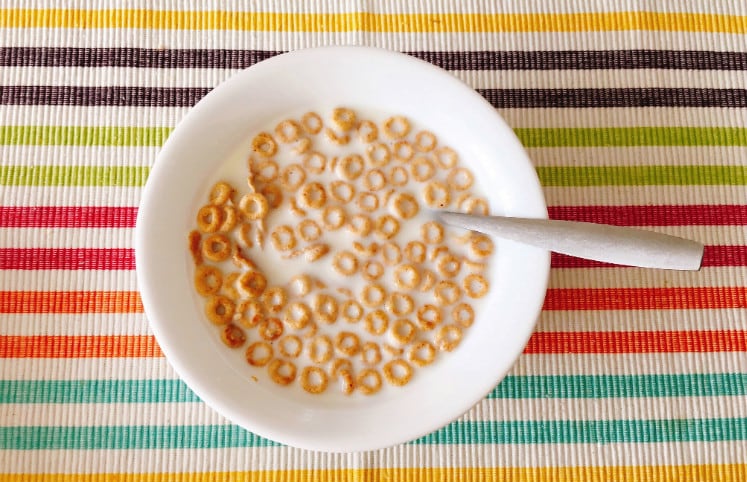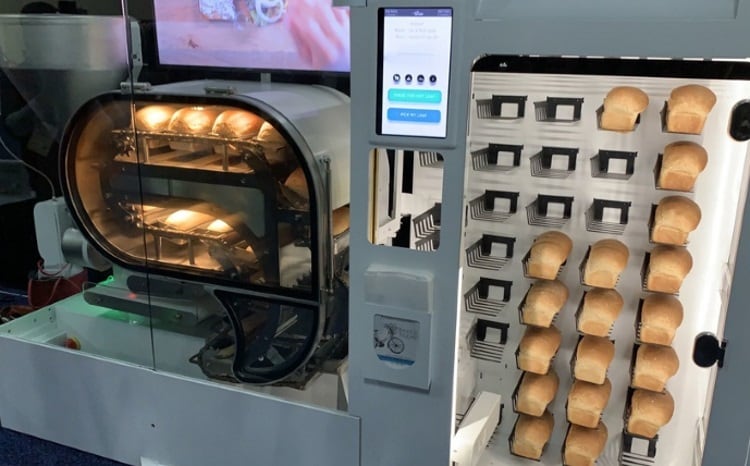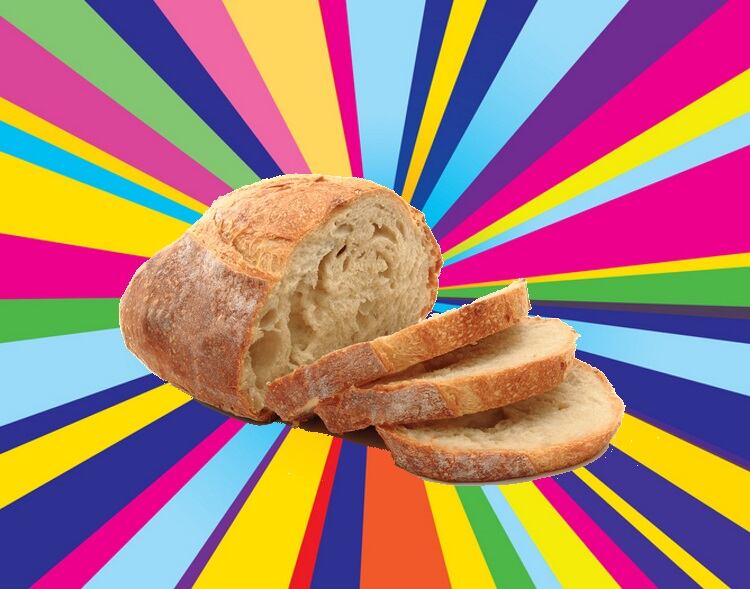The report found nearly three-quarters of these consumers had bought bread ‘within the past few days’ of being surveyed, while 60% had purchased sweet goods in the past week. About half look for crackers, tortillas and baked bars on a weekly basis.
They also look to different types of baked goods in different dayparts: about 70% associate bagels specifically with breakfast, bread with lunch and crackers with snacking.
Sweets and bars topped the list of baked snacks, with nearly nine of ten respondents selecting these categories as their top choice. Crackers came in a close third with 84%.
ABA and GenHQ surveyed more than 1,800 millennials online during the first week of February 2019. The data oversampled the younger group, based on who had purchased baked goods in the past week upon taking the survey; it was also weighted to match current US census data.
The baking industry must ‘bust through myths’ that millennials avoid baked goods if it wants to drive growth, said Jason Dorsey, GenHQ president and the report’s author.
“The study not only exposed surprising insights but also revealed that baked goods have a promising future with millennials as their spending and influence is poised to only increase,” he said.
Natural, fresh, whole grain
‘Fresh’ holds the most meaning when it comes to baked goods, according to a separate ABA report conducted in October 2018 in partnership with the Food Marketing Institute and Corbion. It found that millennials prioritize other characteristics like organic, all-natural and professionally baked.
It also found that ‘a carefully designed continuum of choice’ can spur purchases of higher price point (or higher margin) products – especially in the bakery department. More than half of millennials eschew the bakery aisle for the perceived freshness of the inhouse unit; this sentiment holds true for both functional and indulgence items.
The data mirrors ABA and GenHQ’s recent discovery that millennials and Gen Z consumers rank freshly baked, whole grains and natural ingredients as their top three purchasing factors.
In fact, about 80% include carbs in their regular diet, while a third ‘eat what they want.’ Less than 20% restrict carbohydrates and only 3% avoid them ‘at all costs.’
No waste
Though these consumers are still buying and eating breads, tortillas, crackers and cupcakes, their intake has dipped in the past year.
The report attributes this drop partly to health concerns but more so to the group’s aversion to food waste: nearly three-quarters are ‘bothered’ by wasting bread, while 20% said they skip buying a loaf after tossing their previous purchase.
Additionally, more than half of respondents said they would buy more baked goods if packaged in smaller portions. A third believe a half-loaf is the ideal size, a trend that could change as more millennials have children and their households grow in size.
According to the report, about 55% of both millennials overall, and specifically those with kids under 18, would buy bread online with a freshness guarantee. They also seek a sense of exclusivity from online baked goods, with 41% saying they would try items unavailable in a standard supermarket.
Takeaways
Older millennials have reached their 40s, but the majority are still in their late 20s and early 30s – and many of them live alone.
Despite being the first ‘digitally native’ generation, Gen Z consumers continue to seek worthwhile instore experiences, according to the National Retail Federation.
ABA’s report reinforces that bakery departments, aisles and specialty stores can capitalize on this consumer base by engaging them through digital outreach and instore sampling. Stores and bakeries must also offer a variety of styles and portion sizes, and create displays that highlight nutritional benefits.
Taste and image
More than other generations, millennials and Gen Zs are influenced by a company’s image.
About 40% value businesses that source ingredients responsibly, while a third would try a new product from a company supportive of the community.
They also find inspiration in photos and messaging on social media and company websites.
Instore, however, these consumers use their purchasing power on products they can trust, not only in the brand’s messaging but also in the product’s taste. More than 30% would buy more baked goods if they could taste them first.
“This new national research comes at a critical time for the baking industry,” said Robb MacKie, ABA president and CEO.
“It uncovers generationally relevant decision factors that drive baked goods choices, shopping preferences and triggers that influence trying new products. Understanding these consumers is of paramount interest to all business sectors, not just bakery."




